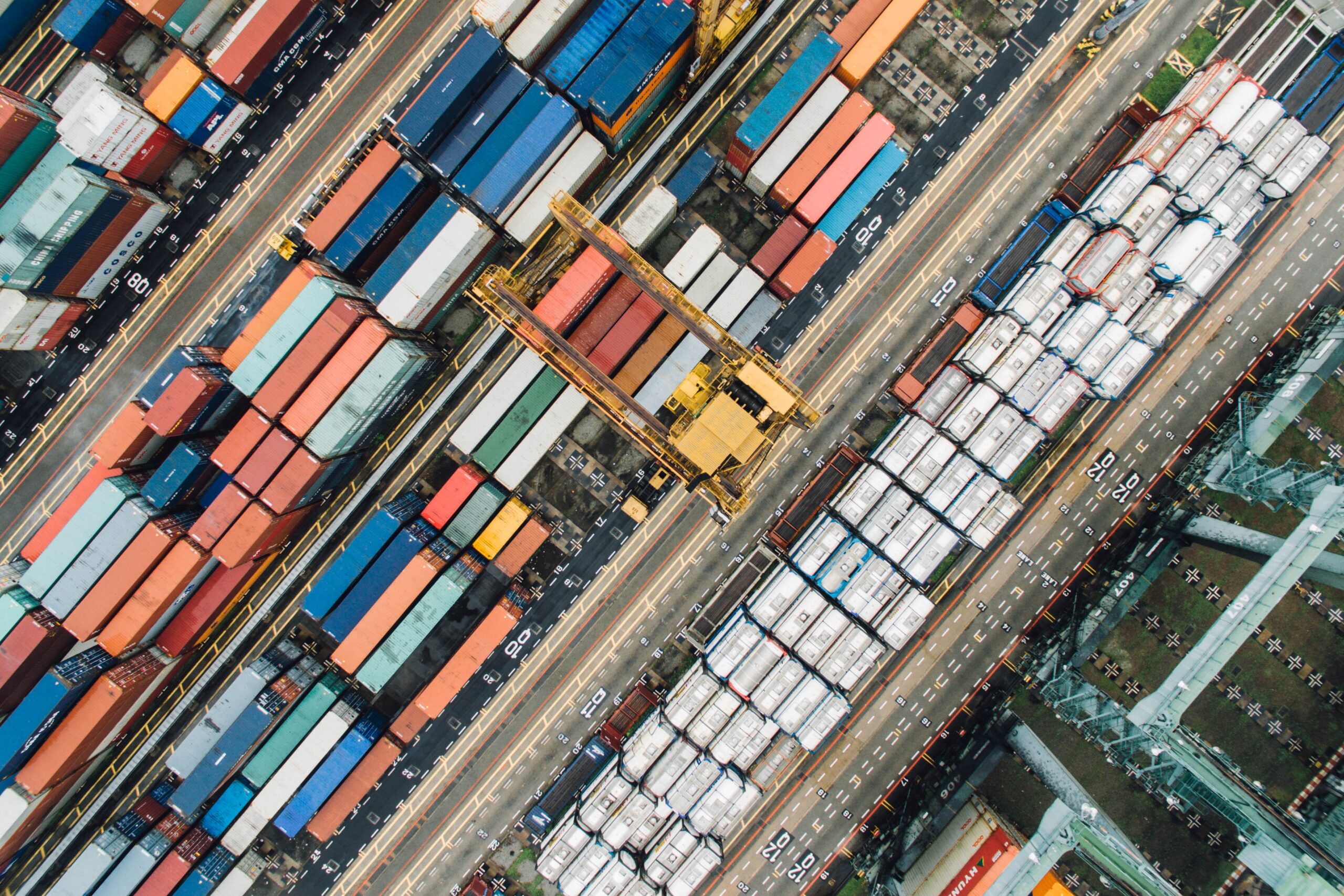
Chris is Brecon’s Export Logistics Manager. He has been at Brecon for three years.
Q: This issue we’re talking to our readers on how to diversify your supply chain and why that’s important. In the first two months of 2020, the logistics team has dealt with some major issues both abroad and at home, mainly the Coronavirus, the Canadian railway blockades and the IMO sulphur cap. With respect to the latter, how is the Brecon logistics team staying on top of the implications involved in this ruling, which is now in effect?
C: As of January 1st 2020, the new sulphur limits on bunker ships has been cut from 3.5% to 0.05% m/m – that’s an 85% decline. The IMO declared these limits in a global effort to cut the release of sulphur oxides into the atmosphere, which are very toxic for human health, and crop health as well. The effects felt by logistics teams using ocean carriers is that as we transition to more sustainable ships, many shipping lines are switching to environmental fuel-which comes with surcharges. Every shipping line is different, so staying updated on these changes is crucial in our line of work. Since the ruling, it’s no longer a conversation about if it’s happening, but how much they are each charging, and how our team factors that in to our shipment costs.
Q: How do you stay up to date on these surcharges?
C: It’s part of my day to day. Shipping lines don’t normally leave that information on their website. You have to know how to get your hands on it. For me, I find it extremely useful to subscribe to their newsletters. That way the information comes straight into my inbox as they update it. Because Brecon does business all over the world, I’m subscribed to about 10 different newsletters from various ocean carriers. It also allows me to forward that information to my team as it comes in;. many of our business development managers have experience in logistics, and they like to be included on any new information that comes in.
Q: This week in Canada, the railway blockades have made headline news almost everyday. What’s the effect felt by the logistics team?
C: Right now in Canada there is a national protest made by indigenous communities who are resisting the creation of the pipeline on their land. As a result they’ve used different large objects like bulldozers to block the CN railway which goes across Canada. As of Friday, there has been particular congestion on stops from Calgary to Toronto, and Toronto to Montreal. Since Brecon is located in the center of Canada, we use the rails to get reefer containers from coast to coast. When it comes to shipment like meat for example, we are usually shipping large quantities with heavy weights. We opt for train transport because trucking limits can’t always sustain those weights. The blockades are affecting most industries in Canada, because the trains just aren’t moving. Everyone is trying to find an alternative solution; and that means there’s been an enormous demand on trucking companies to transport the product the trains can’t. We’re at a point where now ocean carriers are trying to offer us solutions. The whole country is at a standstill.
Q: How has dealing with that been?
C: Everyone is working hard to find creative solutions. And right now there’s not that many options. But what we can do to distinguish ourselves is to create really strong open lines of communication and send daily updates. I keep all my suppliers and customers up to date on what’s happening so there’s no surprises for anyone. In situations like these, the best thing we can do is offer transparency, and try and be an optimistic voice for our partners. There’s a lot of anger and frustration in the country right now.
Q: And what about the COVID-2019 virus? How has that had an impact?
C: From a logistics perspective, the coronavirus has had the biggest impact because containers are piling up, and there aren’t laborers to move them. For frozen food specifically, containers have to remain cold, so they’re plugged in to stay refrigerated. There are only a certain amount of plugs and once they’re all filled up, new vessels carrying frozen food can’t unload. So they’re being diverted to other ports and the same thing is happening. Its a shortage in plugs really. Some vessels arriving to China are also being quarantined, which means they either can’t dock at all or ports are turning them away.
For Brecon, we’re very lucky to have a diverse network that allows us to focus our business elsewhere, and logistics has a lot more options as an international company then say, a national company or one that relies solely on Chinese exports does. Our logistic network is quite expansive as a natural result of working with so many global shipments.

